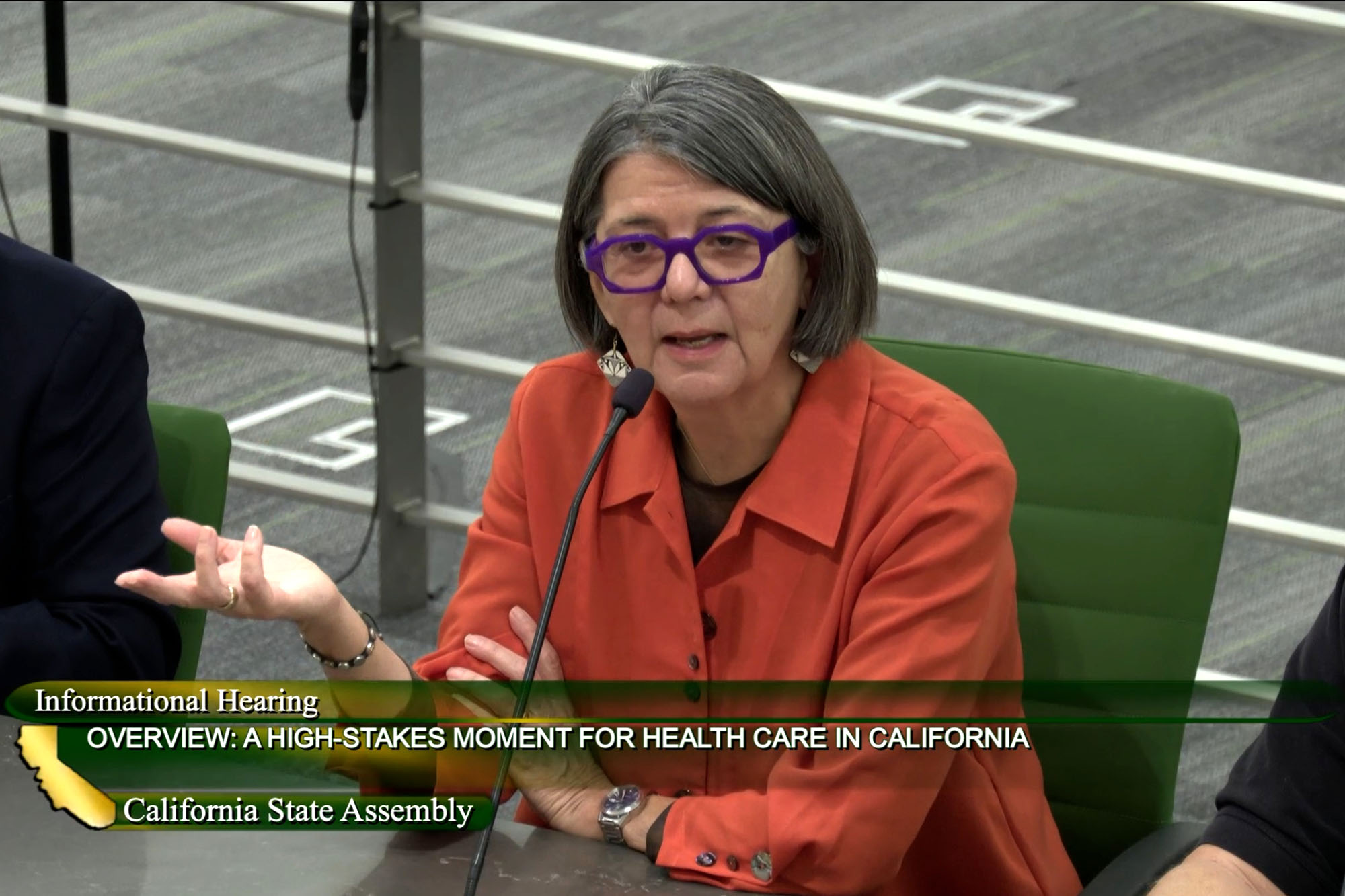View the Report
Jump to All Downloads & LinksKey takeaways
- California enacted Senate Bill 260 in 2019 to reduce coverage gaps when people transition from Medi-Cal to Covered California.
- The law instructs Covered California to automatically enroll eligible Medi-Cal transitioners in a subsidized marketplace plan, while allowing them to opt out or choose a different plan.
- The program launched in May 2023, and by March 2024 had facilitated the enrollment of about 112,000 former Medi-Cal enrollees in marketplace coverage.
- There are numerous considerations for other states wanting to implement a similar program, including deciding both what the default marketplace health plan should be and whether to enable people to opt in or opt out of that plan.
California enacted Senate Bill 260 in 2019 to help reduce the risk of coverage gaps when people transition from Medi-Cal (the state’s Medicaid program) to Covered California (its health insurance marketplace). The law instructs Covered California to automatically enroll eligible Californians transitioning off Medi-Cal in a subsidized marketplace plan, while allowing them to opt out or to choose a different plan. Launched in May 2023, the program facilitated the enrollment of about 112,000 Medi-Cal transitioners into marketplace coverage by March 2024.
This report examines the key policy and operational decisions California made to implement SB 260, the early results, and considerations for other states interested in establishing similar “facilitated enrollment” programs. Key findings include these:
- Although it is still early to assess the program fully, most informants interviewed believed that implementation had gone well. Many informants believe that, going forward, the priority should be to collect more information on transitioners’ experiences to inform improvements.
- States wanting to establish a similar program will need to:
- Answer two critical policy questions: What will be the default marketplace health plan? Should people transitioning from Medicaid be enabled to opt in or opt out of that plan?
- Conduct robust consumer education and outreach, informed by consumer testing and research, and collect, analyze, and publicly report data about the experiences of those transitioning and their coverage status.
- Engage early and often with the health plans that will provide coverage to Medicaid transitioners.
- Provide extensive and ongoing coordination between a state’s Medicaid agency and its marketplace.
Authors & Contributors

JoAnn Volk
JoAnn Volk is a research professor at the Georgetown University Center on Health Insurance Reforms. There she directs research, authors papers, and provides technical assistance on state and federal regulation and legislation governing private health insurance, including health insurance marketplaces under the Affordable Care Act.
Volk serves as a consumer representative to the National Association of Insurance Commissioners and is a member of the Committee on Performance Measurement at the National Committee for Quality Assurance. She has a bachelor’s degree from Franklin and Marshall College and a master’s degree in public policy from Johns Hopkins University.
Sabrina Corlette
Justin Giovannelli
Edwin Park
Edwin Park, JD, is a research professor at the Georgetown University Center for Children and Families.





